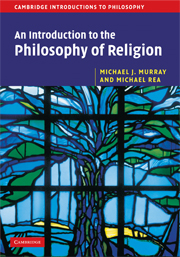9 - Mind, body, and immortality
Published online by Cambridge University Press: 05 June 2012
Summary
Dust you are, and to dust you shall return. So Christians worldwide are reminded every year during the Ash Wednesday liturgy. But according to Christian doctrine, the return to dust is not the end of all things. In the words of the Nicene Creed, “We look for the resurrection of the dead, and the life of the world to come.” The Islamic tradition expresses a similar expectation:
I swear by the Day of Resurrection, and by the self-reproaching soul. Does man think We shall never put his bones together again? Indeed, We can remould his very fingers! Yet man would ever deny what is to come. “When will this be,” he asks, “this day of Resurrection?” But when the sight of mortals is confounded and the moon eclipsed; when sun and moon are brought together – on that day man will ask “Whither shall I flee?” No, there shall be no escape. For on that day all shall return to your Lord.
Likewise, the Hebrew Bible predicts a future resurrection, and the thirteenth-century Jewish philosopher-theologian Maimonides lists belief in bodily resurrection as one of the thirteen central principles of the Jewish faith.
Belief in some sort of afterlife is characteristic of most world religions. But is life after death really possible? Many philosophers think that it is not. If they are right, then the core doctrines of a great many world religions will have to be either substantially modified or rejected.
- Type
- Chapter
- Information
- An Introduction to the Philosophy of Religion , pp. 258 - 286Publisher: Cambridge University PressPrint publication year: 2008



